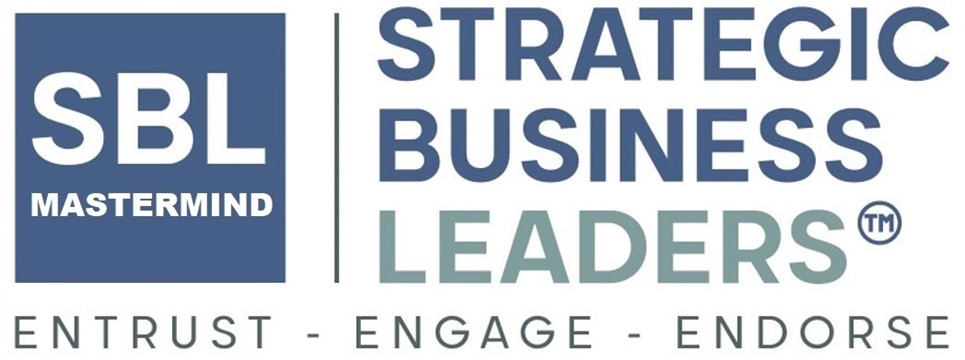Don’t let self-imposed beliefs limit your success!

Every year, we each have the opportunity to consider our previous successes and failures, to revitalize our personal business plans, and to commit to higher ground. In the sports world, there is a concept called “PR” (personal record) which basically means achieving a “personal best.” I like to think of each year as a new opportunity to achieve a PR in business. Transcending or breaking previous records is not easy and can feel unobtainable so I decided to do a little research and consider, historically, what others have said about limitations.
In 1899, Charles H. Duell, Commissioner of the U.S. Office of Patents is purported to have said, “Everything that can be invented has been invented.” In 1943, Thomas Watson, Chairman of IBM said, “I think there is a world market for maybe five computers.” In 1957, the editor in charge of business books for Prentice Hall, said, “I have traveled the length and breadth of this country and talked with the best people, and I can assure you that data processing is a fad that won’t last out the year.” In 1968, an engineer at the Advanced Computing Systems Division of IBM, commenting on the microchip said, “But what … is it good for?”
In recent years, according to research by Mary Bellis of About.com, “technology, science, and inventions have progressed at an accelerated rate during the hundred years of the 20th century, more so than any other century”. We would all have to agree that these historical statements were very short-sighted and highly inaccurate. With that said, I have to admit in my own life there have been times when I’ve had similar limiting thoughts, wondering if I could ever do better than previous good years. Thank goodness I’ve had many experiences during my life where I actually overcame previous bests and learned that challenges in my achievement were just limitations, usually self-imposed, and a personal mindset more than a physical limitation.
I’ve learned that overcoming self-limiting thoughts can be achieved through healthy self-talk, making and sharing commitments, and finding ways to make small daily wins which eventually become big annual wins.
Another significant finding I have learned throughout my career is that achieving higher ground is a lot easier when you surround yourself with smart, successful, positive, forward-thinking people. In other words, accelerate your success by developing a strong personal sphere of influence but be selective, as there are three different categories of people you will meet.
- Grifters. Beware, these are people who promise an exchange of value but provide nothing in return.
- People with potential value. Time is short and you cannot have a relationship with everyone. You need to prioritize.
- Influential people with positive value. These are people who are capable of either making exchanges of value with you or helping you to make exchanges with third parties
In summary, focus yearly on achieving personal bests. Don’t allow self-limiting beliefs and/or beliefs imposed by others to skew your vision of the future. Start believing again as you did as a child, that everything is possible. Each of us has greater potential than we are currently displaying. As Richard Bach, quoted in his book, Jonathan Livington Seagull, “You have the freedom to be yourself, your true self, here and now, and nothing can stand in your way.”
Finally, gain an understanding that your personal best and potential can be more fully realized through association with other people who are also seeking to achieve personal bests. Choose to associate with positive and influential people who have potential value to exchange with you. The optimal thought here is to choose, to be selective, but also to be willing to exchange value. Personal spheres of influence are intended to be mutually beneficial and should share a common purpose of striving for excellence and serving others. As the great orator and trainer Zig Ziglar once said, “You can have everything in life that you want if you just help enough other people get what they want.”
By Gary C. Laney





